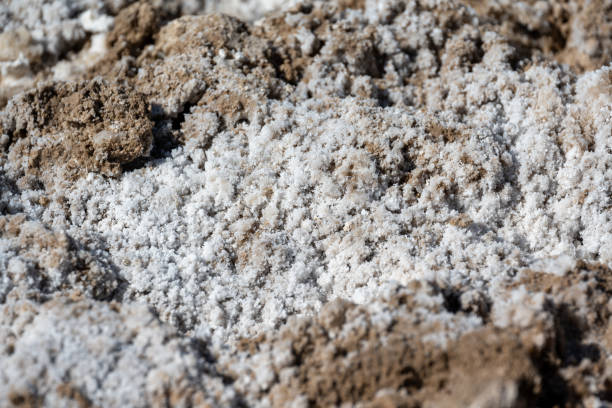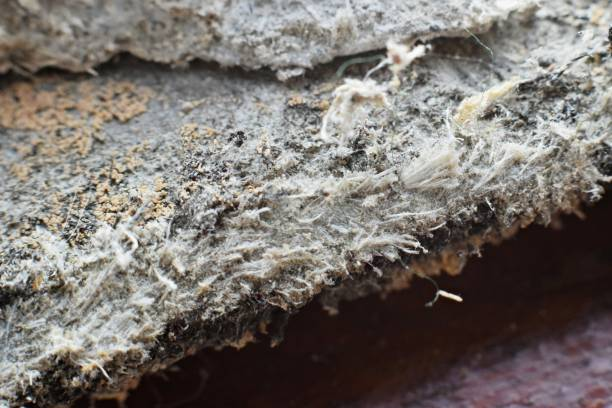Mold and mildew can be persistent problems in many households, but several methods are effective in eliminating them. This article will uncover what kills mold and mildew and provide practical solutions to prevent their return. By understanding the effective treatments, you can ensure a healthier living environment.
Household Cleaners That Kill Mold and Mildew
Common household cleaners can efficiently kill mold and mildew. Items like white vinegar, hydrogen peroxide, and baking soda are often readily available and can be combined to tackle mold issues on various surfaces.
White vinegar, for example, has strong antifungal properties and can be used without dilution. Simply spray it onto the moldy area and let it sit for an hour before wiping it clean. Hydrogen peroxide, a natural bleaching agent, can be used in a similar manner but should be kept away from sensitive fabrics.
Moreover, baking soda not only kills mold but also absorbs moisture, which prevents mold growth. When combined with water, it creates an effective cleaning paste. These household cleaners are safe, non-toxic, and budget-friendly options.
Specialized Mold Killers
While household cleaners are effective, specialized mold killers might be necessary for more severe infestations. These products contain strong fungicides designed to penetrate deeper into surfaces to eradicate mold completely.
Brands such as Concrobium, Clorox, and RMR-86 are well-known for their efficacy. These products are available in various forms including sprays, foams, and concentrated liquids. Always follow the manufacturer’s instructions carefully when using these chemicals to ensure safety and effectiveness.
Specialized mold killers often contain ingredients that can prevent mold regrowth for a long time. They are particularly useful in areas prone to high humidity, such as bathrooms and basements.
Natural Remedies for Killing Mold and Mildew
Natural remedies, including essential oils and certain plants, can be efficient in both killing and preventing mold. Tea tree oil is one of the most effective essential oils against mold, thanks to its antifungal properties.
To use tea tree oil, mix one teaspoon of the oil with one cup of water in a spray bottle. Spray the mixture onto the moldy surface and allow it to sit without rinsing. This method not only kills mold but also prevents its return.
Other essential oils that can combat mold include eucalyptus oil, lavender oil, and grapefruit seed extract. These natural alternatives are ideal for those looking for non-toxic and fragrant solutions.

Preventing Mold and Mildew Growth
Prevention is always better than cure when it comes to mold and mildew. Maintaining a low-humidity environment is the most effective way to stop mold growth. Regular ventilation and the use of dehumidifiers can significantly help.
Additionally, regular cleaning routines can prevent mold from establishing itself. Pay particular attention to areas prone to moisture, such as bathrooms, kitchens, and basements. Keep these areas dry and clean to minimize the risk of mold.
Leaks in roofs, pipes, or walls should be fixed promptly to prevent moisture buildup. Regularly check and maintain your home’s plumbing and roofing, and be vigilant about any signs of water damage.
Conclusion
Efficiently killing mold and mildew involves a combination of household cleaners, specialized products, and natural remedies. Understanding these methods allows for effective treatment and long-term prevention. With regular maintenance and proper care, you can keep your home mold-free and ensure a healthy living environment.
FAQs
1. Can mold be killed completely?
Yes, mold can be killed completely with the right treatments, but it requires vigilance and maintenance to prevent its return. Both household cleaners and specialized products can be effective.
2. Is vinegar better than bleach for killing mold?
Vinegar is effective for killing many types of mold and is safer to use as it’s non-toxic. Bleach is stronger but can be harsh and should be used with caution.
3. How does humidity affect mold growth?
Mold thrives in high-humidity environments. Keeping indoor humidity levels below 50% can significantly reduce the risk of mold growth.
4. Are natural remedies as effective as chemical treatments?
Natural remedies can be effective for minor mold issues and are eco-friendly and non-toxic. However, severe infestations may require specialized chemical treatments.
5. Can mold cause health problems?
Yes, mold can cause various health problems, including respiratory issues, allergies, and skin irritation. It’s important to address mold problems promptly to maintain good health.
